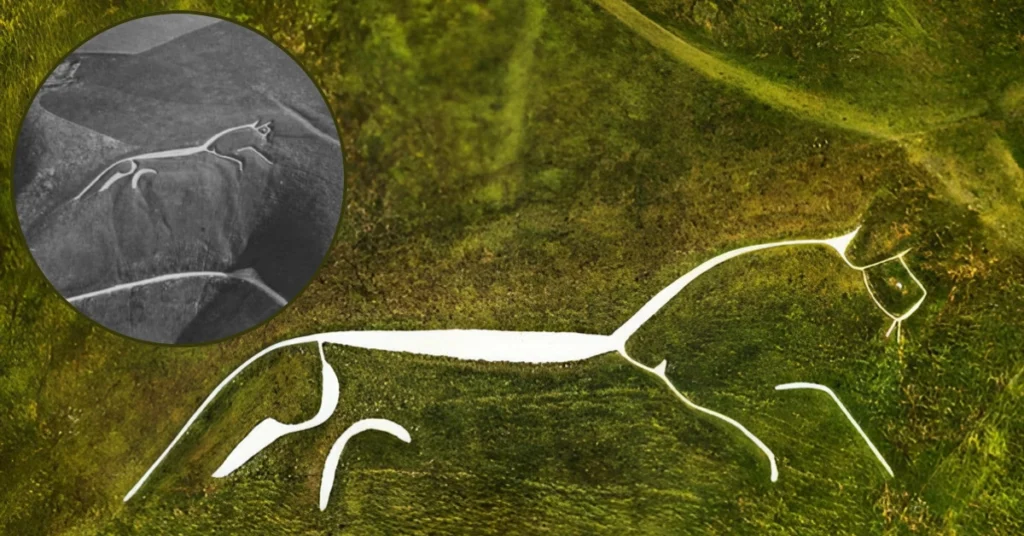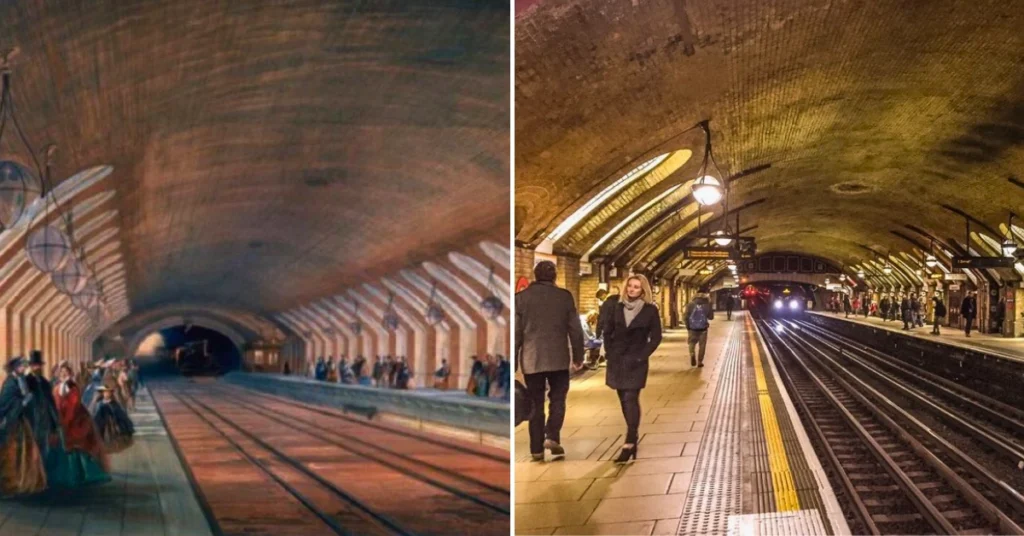Located in the picturesque village of Cockington, just a mile from Torquay, Cockington Forge stands as a testament to centuries of history and craftsmanship. This enchanting village is brimming with historical landmarks, including a water mill, a medieval deer park now used as a cricket pitch, and the iconic forge itself.
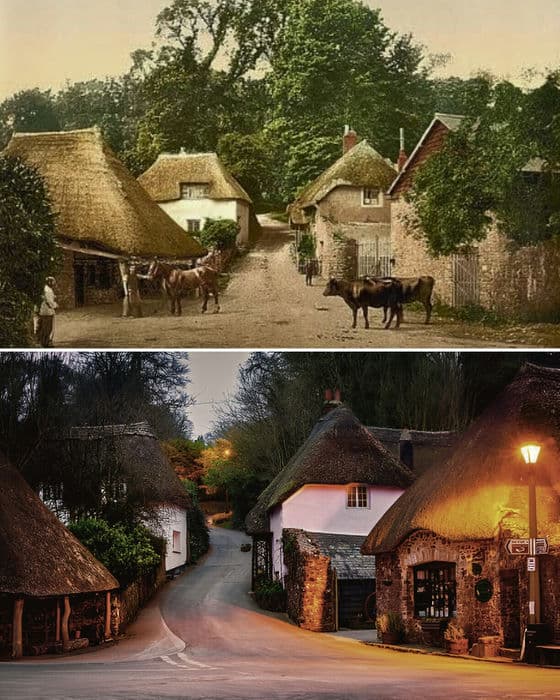
A Glimpse into the Past: The Forge
Cockington Forge:
- Historical Significance: The Forge is one of the most photographed buildings in Britain, known for its charming architecture and rich history. Though often cited as being constructed in the 14th century, the site has hosted a forge even earlier. A fire in 1345 destroyed much of the original structure, leading to its reconstruction in the style we see today.
- Early Records: The first recorded blacksmith, Mr. Davey, began working here in 1615. His daughter married his apprentice, continuing the tradition. The last blacksmith worked until 1971, when economic challenges forced the forge to close.
- Architectural Details: The forge’s structure is remarkably durable, having survived centuries with minimal repairs. The walls exhibit various building styles, with some constructed from local reddish-pink stone, a striking feature of South Devon due to the iron-rich soil.
- Current Use: Although no longer in regular operation, the forge still produces miniature horseshoes and is open to visitors from Easter until winter.
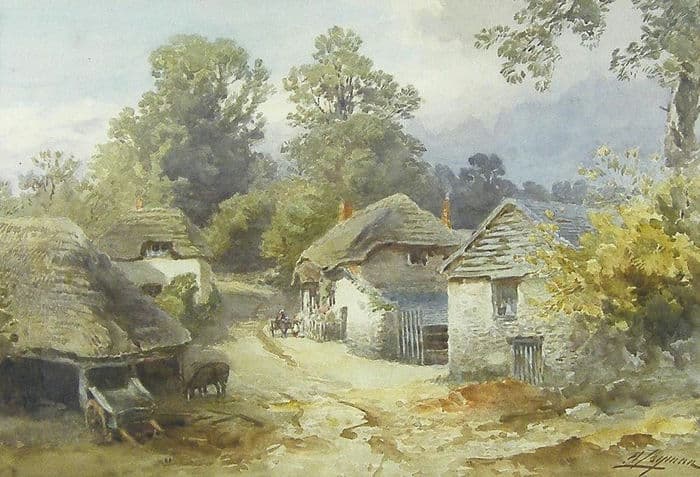
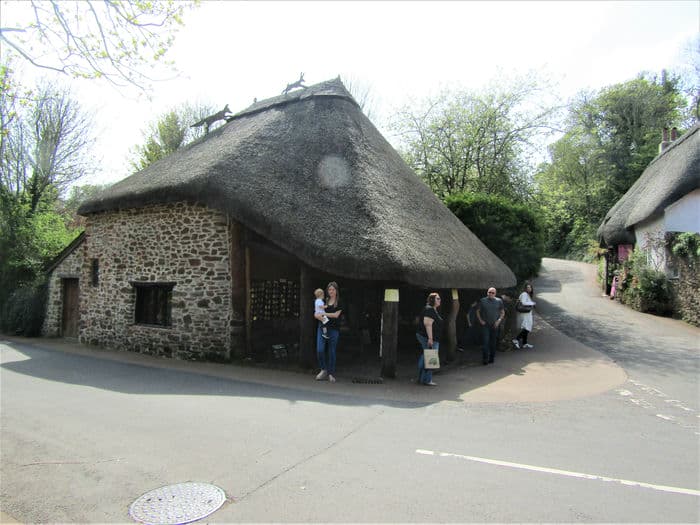
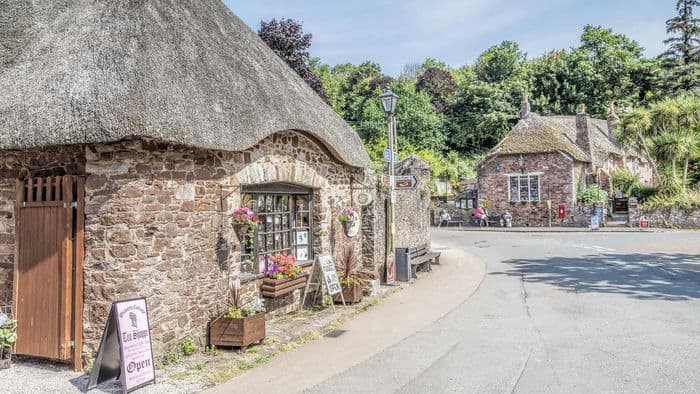
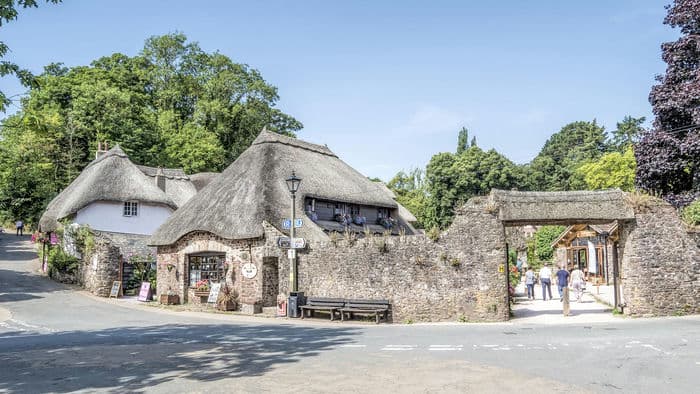
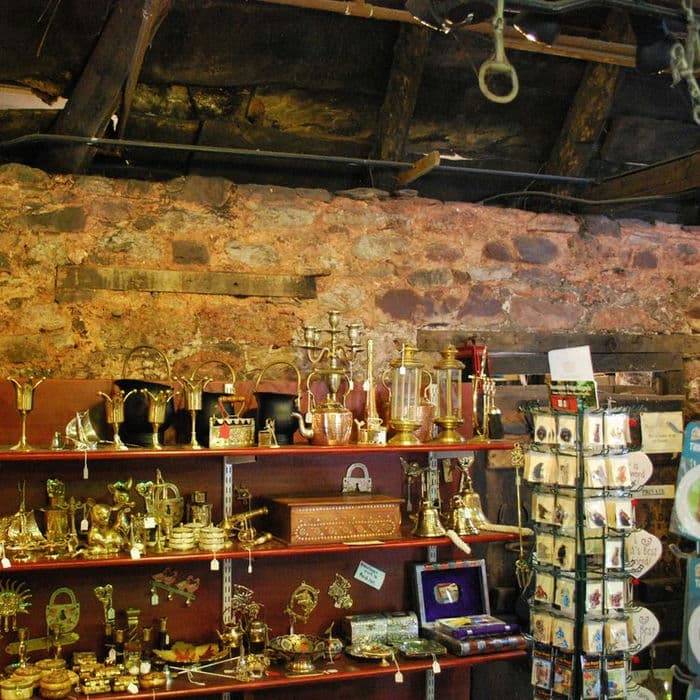
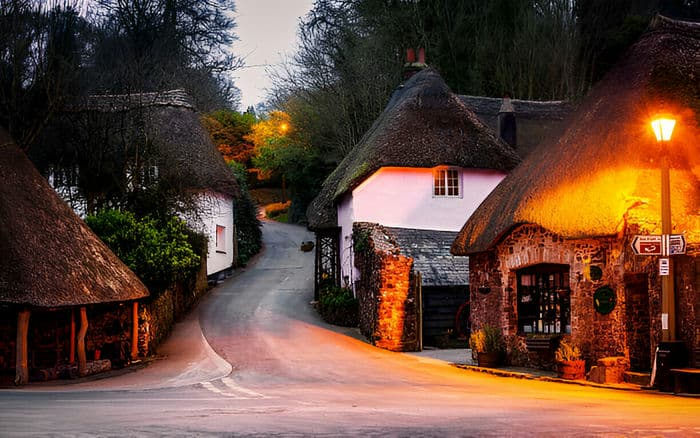
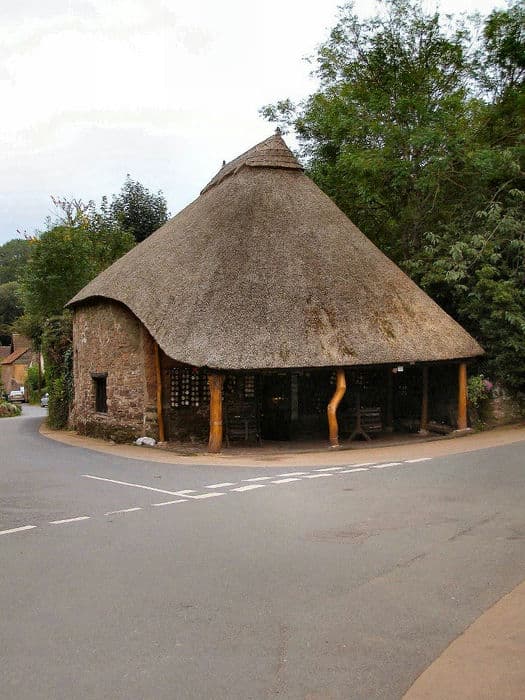
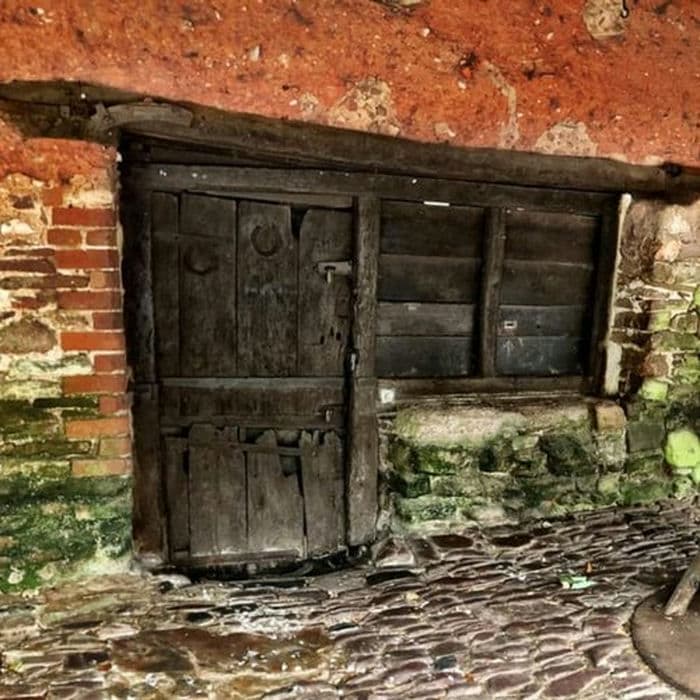
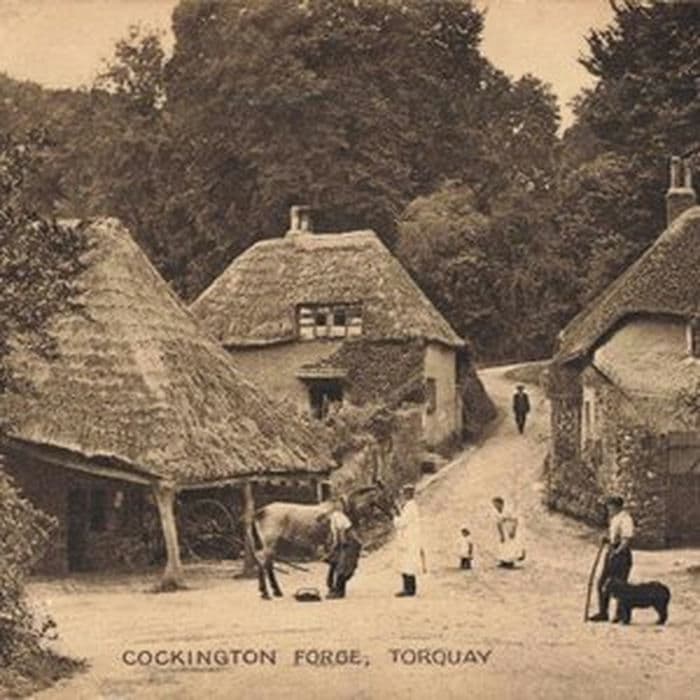
Exploring Cockington Village
Rose Cottage Tea Rooms:
- Thought to have been the blacksmith’s traditional home, Rose Cottage is now a popular tea room where visitors can enjoy a classic English tea experience.
Cockington Court Craft Centre:
- A hub for local artisans, the craft centre offers a range of handmade goods, from pottery to textiles, making it an excellent place to find unique gifts.
Cockington Country Park:
- Spanning hundreds of acres, the park is a recipient of the prestigious Green Flag Award for its high environmental standards and excellent visitor facilities. It features a Norman church, an arboretum, restored lakes, and a renovated water mill.
- Activities: Visitors can enjoy idyllic walks, explore the Gamekeepers Cottage, or hire an all-terrain mobility tramper from the Visitor Centre to explore the park at their leisure.
Historical Context of Cockington
Saxon and Medieval History:
- Cockington’s roots trace back to a Saxon settlement, with evidence of even earlier Celtic and Neolithic habitation. The village’s fertile land and navigable stream made it an ideal location for early settlers.
- Domesday Book Records: By the time of the Norman Conquest, Cockington was part of the Hundred of Haytor and owned by a prosperous Saxon named Alric, who held 23 manors across Devon.
Additional Attractions
Cockington Court:
- A stunning 16th-century manor house, surrounded by the country park, offering a glimpse into the village’s more recent history.
Norman Church and Arboretum:
- The church and arboretum provide peaceful spots for reflection and exploration, with beautifully maintained grounds that are perfect for leisurely strolls.
Dog-Friendly Environment:
- Cockington is a haven for dog owners, with ample space for pets to run and explore in the beautiful countryside.
Cockington is a delightful destination offering a unique blend of historical charm and natural beauty. Whether you’re interested in the rich history of The Forge, enjoying a cup of tea at Rose Cottage, or exploring the expansive country park, Cockington promises a memorable experience for all visitors. The village’s combination of historical significance and modern-day attractions makes it a must-visit spot near Torquay.
